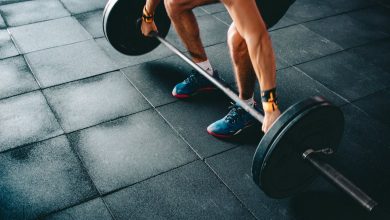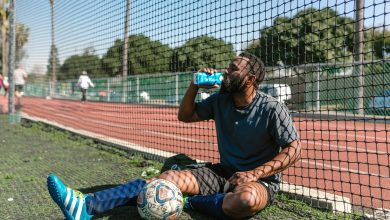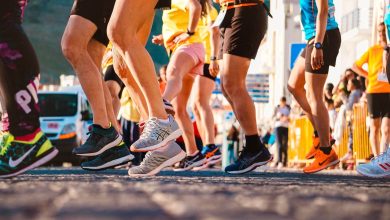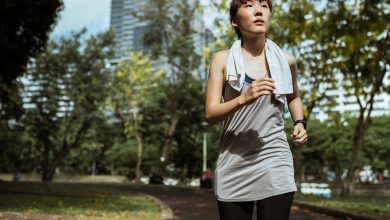Hydration and Exercise: What to Drink During a Workout
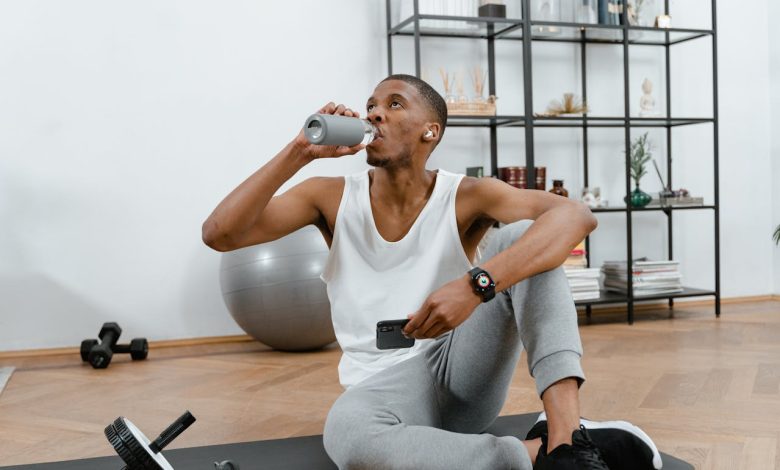
Staying hydrated is crucial for anyone engaging in physical activity. Whether you’re a casual exerciser or a professional athlete, proper hydration fuels your performance and helps prevent fatigue, cramping, and even heat-related illnesses. But with so many drink options available, you might wonder: What should you drink during a workout?
In this blog, we’ll dive into the importance of hydration, explore the best drinks for different workout intensities, and share tips to keep you optimally hydrated.
Why Hydration Matters During Exercise
When you exercise, your body loses fluids through sweat and increased respiration. This fluid loss can quickly lead to dehydration if not replenished, which negatively affects your performance and overall well-being.
Signs of Dehydration:
- Increased fatigue
- Dizziness or lightheadedness
- Dry mouth
- Muscle cramps
- Decreased endurance
Even losing as little as 2% of your body weight in fluids can impair physical performance. Proper hydration ensures that your body maintains blood flow, regulates temperature, and delivers oxygen to your muscles.
What to Drink During a Workout
1. Water: The Go-To Hydration Option
For most light to moderate workouts lasting under an hour, plain water is all you need to stay hydrated.
- Best For: Walking, yoga, strength training, and light cardio.
- Benefits: Easily accessible, calorie-free, and effective for replacing lost fluids.
How Much to Drink:
- Before: 8–16 ounces 30 minutes before starting.
- During: Sip 4–6 ounces every 15–20 minutes.
- After: 16–24 ounces for every pound of body weight lost during exercise.
2. Electrolyte Drinks: For Intense or Long Workouts
When exercising intensely or for over an hour, your body loses not just water but also electrolytes like sodium, potassium, and magnesium. Replenishing these is crucial for avoiding cramps and maintaining energy.
- Best For: High-intensity interval training (HIIT), long-distance running, cycling, or outdoor sports in hot weather.
- Popular Options: Sports drinks like Gatorade, Powerade, or electrolyte tablets added to water.
- Benefits: Replaces electrolytes, maintains energy levels, and prevents dehydration-related fatigue.
Pro Tip:
Choose low-sugar or sugar-free options if you’re concerned about calorie intake.
3. Coconut Water: A Natural Alternative
Coconut water is a natural, nutrient-rich option that contains potassium and a small amount of sodium.
- Best For: Moderate workouts lasting 45–90 minutes.
- Benefits: Hydrates effectively while providing a natural source of electrolytes without added sugars or artificial ingredients.
Keep in Mind:
Coconut water may not have enough sodium for long, intense workouts, so pair it with salty snacks if needed.
4. Carbohydrate Drinks: For Endurance Activities
During prolonged, intense activities (like marathons or triathlons), your body needs more than just water and electrolytes. Drinks with carbohydrates provide quick energy to sustain performance.
- Best For: Endurance athletes or workouts lasting over 90 minutes.
- Examples: Sports gels dissolved in water, carbohydrate-electrolyte beverages like Tailwind or Skratch Labs.
- Benefits: Fuels muscles with glucose and maintains blood sugar levels.
5. Protein-Enriched Drinks: For Recovery
While not ideal during the workout itself, drinks with protein are excellent for recovery, especially after strength training or endurance exercises.
- Best For: Post-workout recovery.
- Examples: Protein shakes or milk-based drinks.
- Benefits: Repairs muscle tissue and replenishes glycogen stores.
Drinks to Avoid During a Workout
- Sugary Beverages: High-sugar drinks can cause energy spikes and crashes.
- Carbonated Drinks: Can lead to bloating and discomfort.
- Caffeinated Energy Drinks: May cause dehydration or increased heart rate.
- Alcohol: Dehydrates the body and impairs performance.
Hydration Tips for Workouts
- Start Hydrated: Drink water consistently throughout the day, not just before exercise.
- Monitor Sweat Loss: Weigh yourself before and after a workout to gauge how much fluid you need to replace.
- Adjust for Weather: In hot or humid conditions, increase your fluid intake to account for higher sweat rates.
- Use a Hydration Pack: For long outdoor activities like hiking or cycling, carry a water bottle or hydration backpack.
Conclusion
Hydration is key to maximizing your performance and keeping your body safe during exercise. For short workouts, water is sufficient. For longer or more intense sessions, consider adding electrolyte or carbohydrate-rich drinks to replenish what your body loses.
By staying mindful of your hydration needs, you’ll not only perform better but also feel better during and after your workouts. So, grab your favorite water bottle, sip smart, and enjoy your next sweat session!
